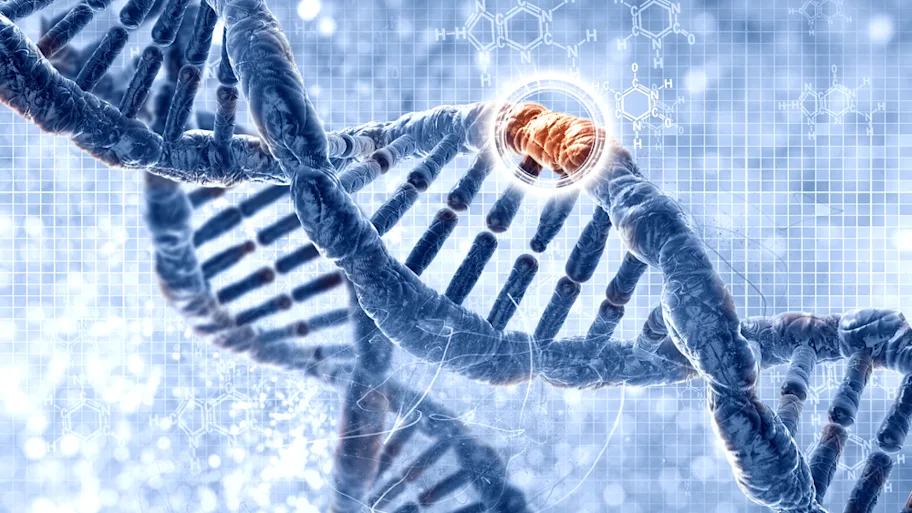
- Science news
- Health
- Clinical trial planned for stem-cell transplantation in fetuses
Clinical trial planned for stem-cell transplantation in fetuses
By Freya Wilson, Frontiers Science Writer
Medical breakthrough could save babies before birth
A recent breakthrough has been made that could help to save babies lives from a syndrome that threatens their survival even before they are born. Alpha Thalassemia Major is a blood disorder inherited from both parents and often results in the death of babies. However, a new possibility for treatment has been found that ensures not only their survival to birth but also curing the syndrome while still in the womb.
“One therapy that we’re developing right now is stem-cell transplantation for fetuses that have congenital disorders that affect the blood cells,” said Dr. Tippi Mackenzie, an Associate Professor of Surgery at the University of California, San Francisco.
Mackenzie lab’s recent research looks at a hereditary disease that affects the blood cells known as Alpha Thalassemia Major. This disorder is often incompatible with life and consequently must be identified in utero.
“When fetuses have this disorder, they inherit it from both of their parents. The fetus becomes anaemic and can die,” MacKenzie explained. “Alpha Thalassemia major can be fatal to fetuses if they don’t get blood transfusions before birth. And in many cases, the only way to survive until birth is to get a transfusion of red [blood] cells.”
MacKenzie’s area of research looks at mechanisms of tolerance induction following in utero stem cell transplantation and the pathophysiology of prenatally diagnosed diseases. With recent publications on fetal surgery in PubMed looking at “Fetal surgical conditions and the unraveling of maternal-fetal tolerance” as well as her work as a Topic Editor for Frontiers in Pharmacology for the Research Topic “Fetal Therapies and Maternal-Fetal Tolerance,” her passion and commitment to increasing the knowledge for the development of novel strategies of foetal surgery is clear.
Until now, treatment for the disease involved blood cell transfusions to the fetus before birth followed by bone marrow transplants after birth. MacKenzie’s ideas for this new treatment involve minimizing impact on the fetus and essentially curing the disease before it is born.
“The idea that we have is to transplant stem cells into these fetuses so that they can survive to birth and not need a bone marrow transplant after birth,” MacKenzie explained. “Our strategy would be to transplant blood stem cells from the mother, because during pregnancy the mother and the fetus already tolerate each other.”
The success of this treatment relies in combining this new method with previous techniques for treating the disorder. “We would be transplanting stem cells from the mother at the same time as the red blood cell transfusion so that way it minimizes any additional risk of the procedure to the fetus.”
However, this valuable finding has not come easy. “I’ve been working on this almost 10 years and it was really a Eureka moment when we found that the mother’s stem cells are the best source,” MacKenzie said.
Fortunately, these years of research are finally paying off, with the recent founding of a new international society to promote further research on in utero therapies, and an application to the FDA for permission to carry out a Phase I clinical trial.
The appreciation of the importance of this new research is reflected in the support MacKenzie has received. “We’re very excited that there is so much interest in the international community for both doing research in the field as well as trying to take the research into Phase I clinical trials”.






